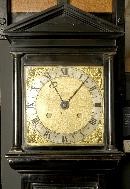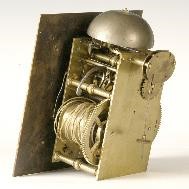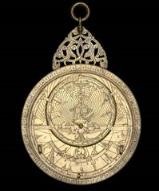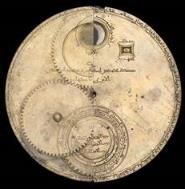This year’s Cheltenham Branch Summer outing to Oxford in June, was well attended by both members and their guests. The group met at the Ashmolean museum for coffee and spent the morning in small self-guided groups exploring the Ashmolean watch collection, numerous fine clocks, and other exhibits. After an excellent lunch in the Ashmolean rooftop restaurant, the group took a short walk to the History of Science Museum. Here, Cheltenham Branch members and guests were privileged to be given a private tour of the museum by Dr Stephen Johnston, Senior Research Curator. The tour commenced with a close inspection of the museum’s Fromanteel longcase clock; one of the earliest surviving pendulum clocks; and various horological marvels including a French revolution decimal clock. Progressing upstairs. The group were given a detailed and insightful introduction to an outstanding collection of European and Arabic armillary spheres, astrolabes, sundials, orreries, and associated astronomical instruments. Passing through the museum’s collection of Oxford clocks, including examples by the Knibb family, the group were introduced to complex astrophysical calculations preserved on a blackboard used by Albert Einstein when lecturing at Oxford in 1931. After thanking our guide, for one of the most insightful afternoons, the group dispersed, with some reconvening at the Ashmolean for tea.
In addition to the Fromanteel Clock, the museum has a fabulous collection of early astronomical and time-keeping instruments, including clocks, sundials and astrolabes, including an early C13th astrolabe with geared calendar – the third oldest surviving geared scientific mechanism in the world.




